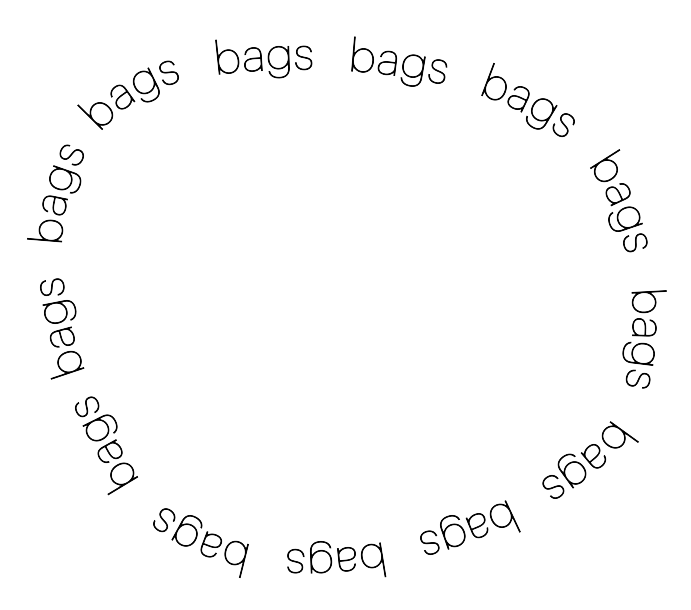A Non-Manifesto
In a future where we all share in the collective care and repair of our cities, architects would:
1. Expand their scope of responsibility to maintain, sustain and nourish works over time;
2. Step fully into their roles as facilitators, translators, care workers among many care workers;
3. Work on the built fabric of everyday life, not on objects or isolated buildings;
4. Engage and cultivate sites as nodes entangled in a field of relationships, embedded in power networks and complex ecologies;
5. Turn away from any single master narrative and engage overlapping partial situated perspectives;
6. Design for ‘broadest and fullest use’ by recognizing and working with more users, knowers, claimers, and makers of space, which in turn expands architects’ creative agency;
7. Lift up care-full modes of knowing, and center caretaker standpoints because they know different worlds;
8. Focus as much on processes as on outcomes;
9. Understand ‘waste’ as dynamic resource, fertile ground of latent potential;
10. Recognize that things are made up of parts that change at different speeds;
11. Take indeterminacy, precarity, and vulnerability as our base condition;
12. Embrace constant and nonlinear change, movement, and adaptation; knowing that there is no ‘finished’ or ‘permanent’ end state;
13. Not create anew necessarily, but rather re-distribute the abundance we already have;
